
Individual relationship coaching
Help with relationships whether you are single or attached
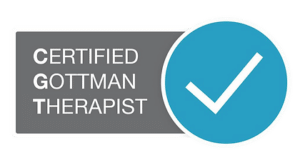
If you are single:
Relationship coaching is not just for couples. Sometimes, people are curious about the way they behave in relationships, they might have noticed certain patterns, or continually choose a certain type of partner.
I provide a safe, explorative space to examine issues such as:
- your attachment style
- improving boundaries
- working on communication skills
- rebuilding trust after betrayals
- becoming more open to a relationship
This leads to greater self-awareness, new perspectives and empowerment when it comes to both you and choosing the relationships you want.
If you are in a couple:
Around 86% of clients presenting for therapy cite relationship distress as one of their top three concerns. But what do you do if your partner does not want to attend couples counselling?
Research suggests that individual therapy that is focused on the management of relationship issues is traditionally not only unsuccessful; but has also been found to lead more frequently to relationship breakdown.
That is why a specialist approach is needed, more commonly known as Couple Sensitive Individual Therapy (CSI therapy).
In this therapy, you will learn how to make positive change in your relationship through the use of psycho-education, cognitive and emotional self-exploration and behavioural interventions.
There are a few reasons why it is a good idea to come and discuss issues you may be having in your relationship with a therapist trained in CSI therapy:
- it is an objective, non-judgemental space – so unlike family or friends, there is no bias to the options the therapist may discuss with you regarding your relationship
- it is a confidential space, so if you are struggling to talk to your partner about things and you suspect it may be due to some experiences you have had in your life, you can “test” this out first in a safe environment with a trained professional.
- in relationship counselling, a “systems theory” model is often used – this simply refers to a knock-on effect whereby because one person is making changes, the other often follows suit, as part of the system, ie. the relationship or family.
- it gives you the chance to gain insight into your own reactions, and where you can make positive changes. (It can be A LOT easier to hear this from an objective party, rather than a partner!)
I also coach clients on the language they use and provide useful and practical couple counselling tips that you can use immediately. Give it a go!
Source: https://relationshipinstitute.com.au/
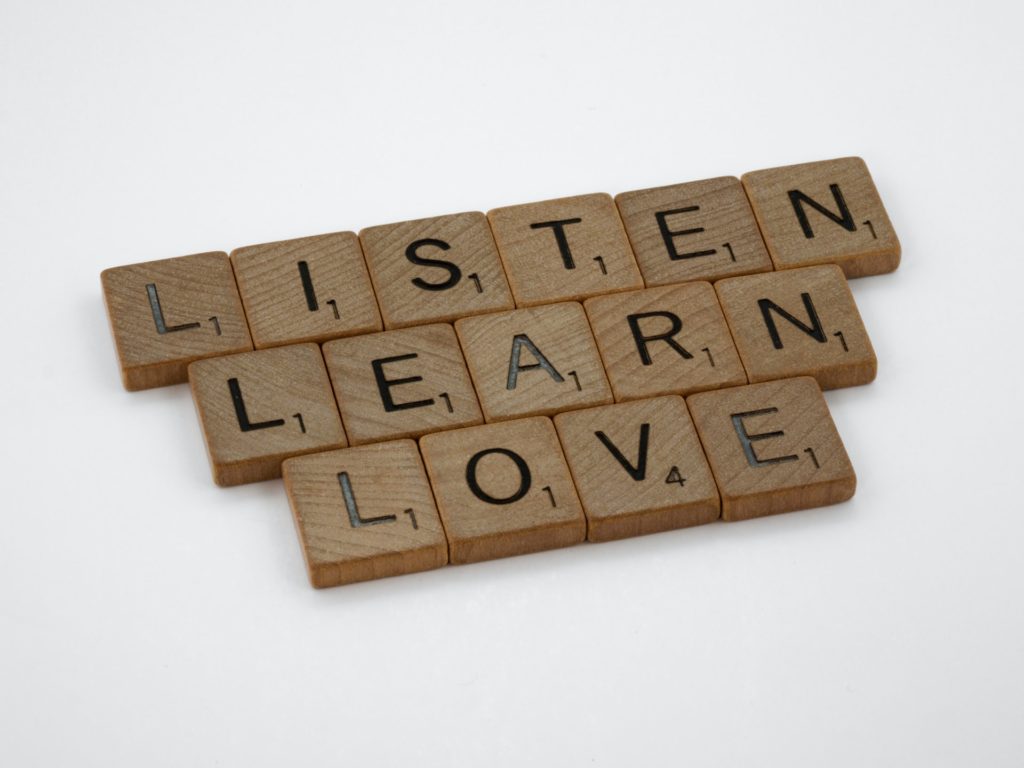
From the blog:

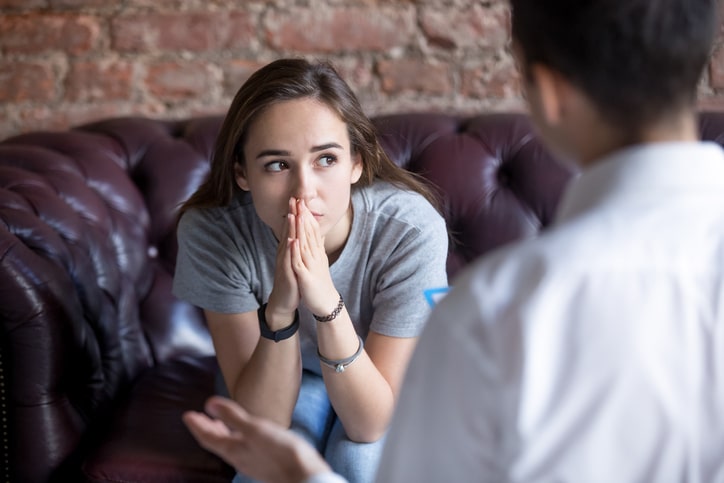
Did you know you have a choice?

What’s really going on when you don’t feel good enough?

“You’re so sensitive…”

When you’re bogged down with relationship anxiety…

Pregnancy loss – the loneliest grief

“Is this it?” – the slug of the quarter life crisis
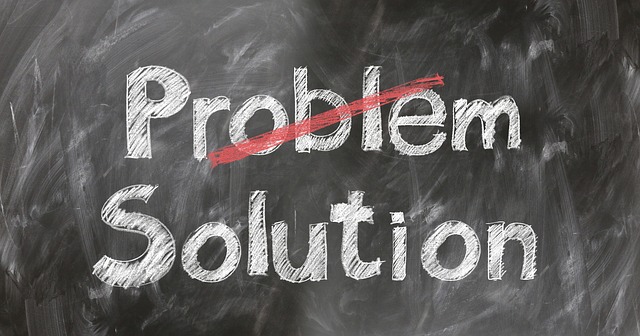
Five give away signs you need to see a counsellor

What really happens in female anger management therapy
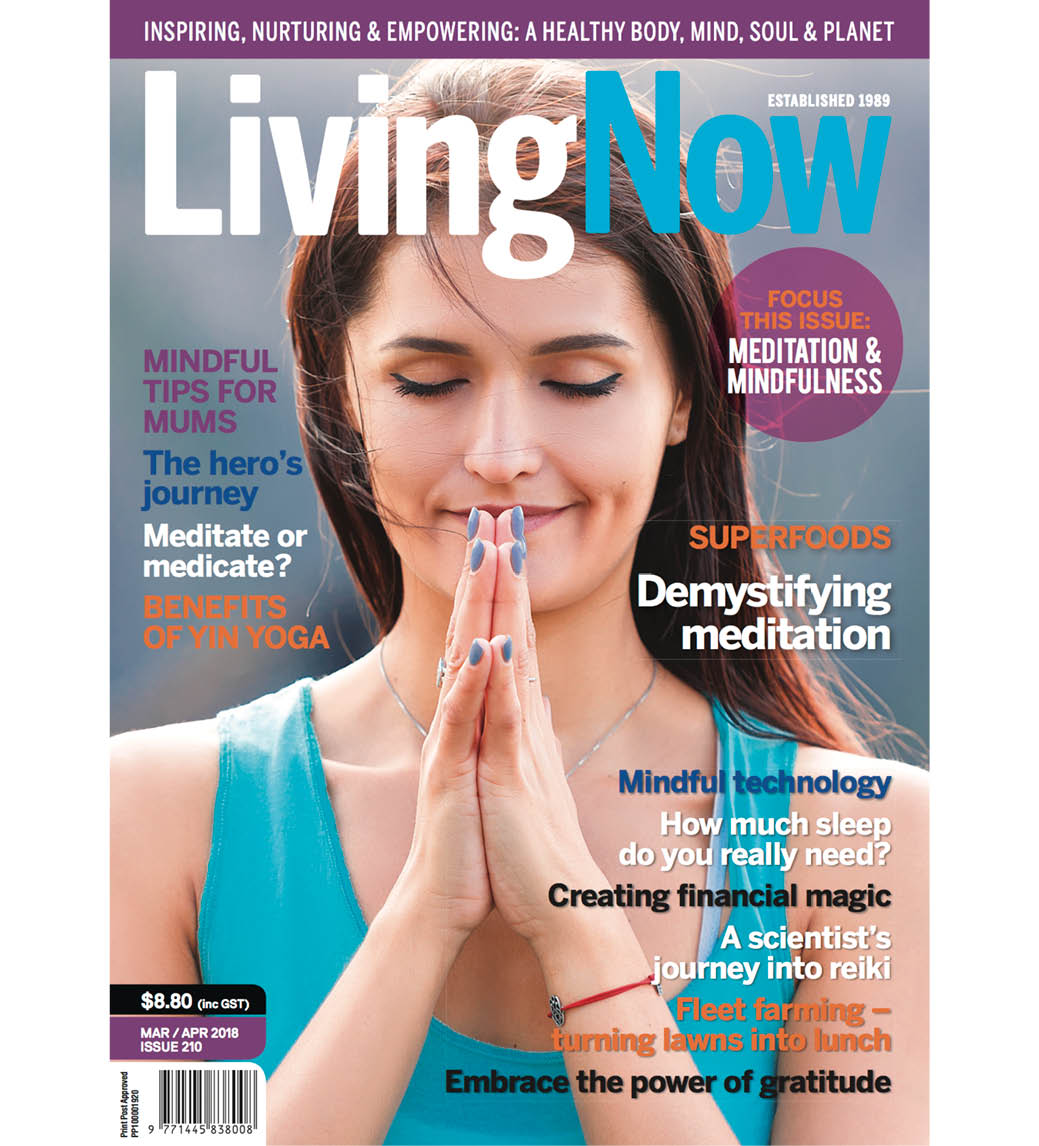
Living Now magazine covers my piece on Mindfulness for Mums

The thinking styles that are not helping you
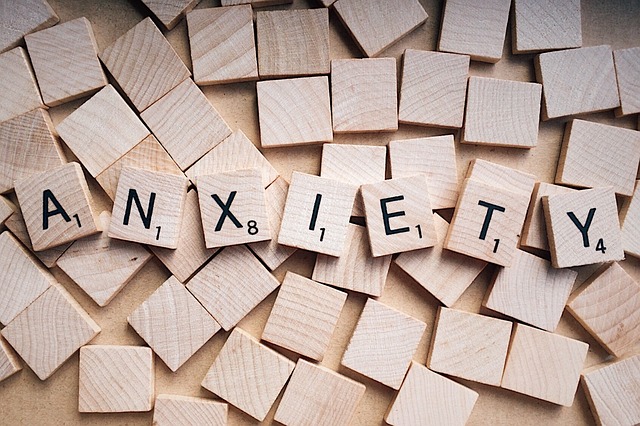
The positive side to anxiety, yes really

When your partner has anxiety or depression

Parenting and the anxious personality
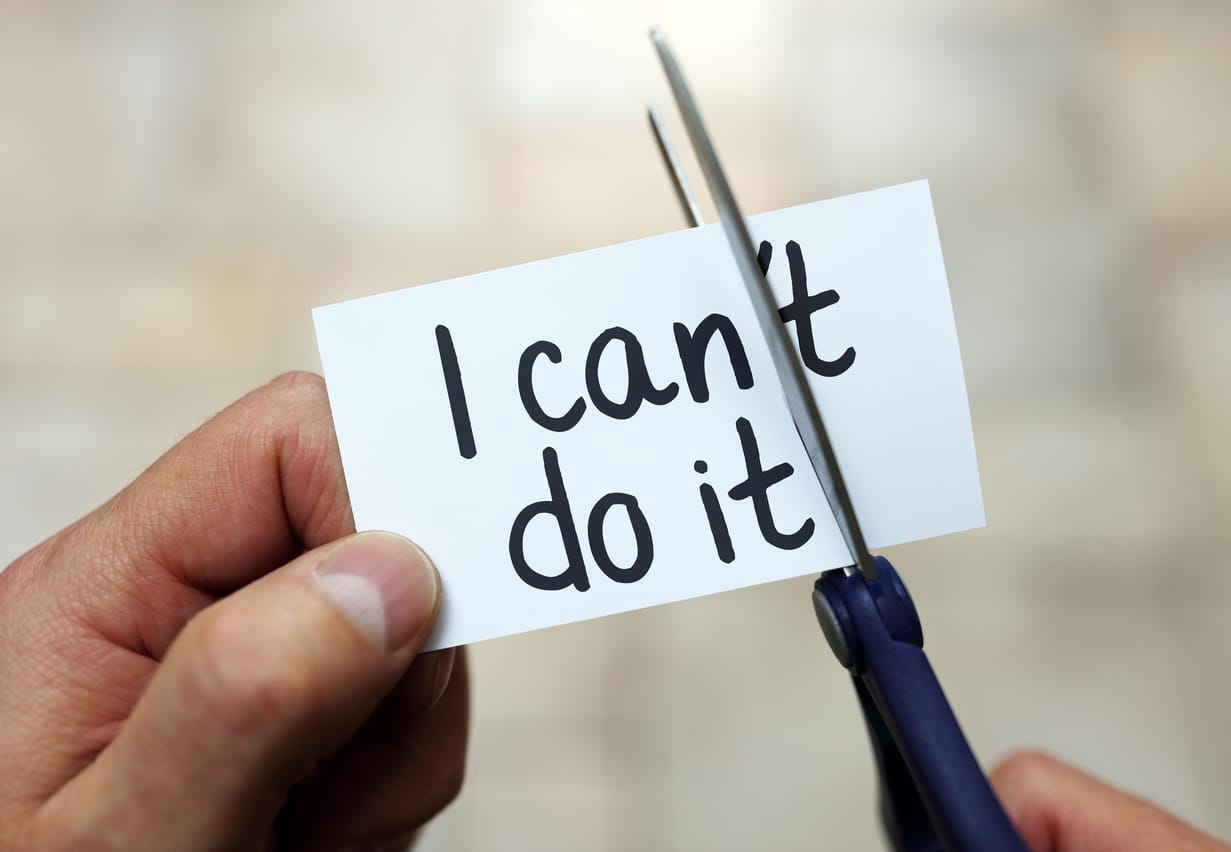
Take care of your mind and your body will follow

Why am I so angry?

What’s really going on when you don’t feel good enough?

“You’re so sensitive…”

When you’re bogged down with relationship anxiety…

Pregnancy loss – the loneliest grief

“Is this it?” – the slug of the quarter life crisis

Five give away signs you need to see a counsellor

What really happens in female anger management therapy

Living Now magazine covers my piece on Mindfulness for Mums

The thinking styles that are not helping you

The positive side to anxiety, yes really

When your partner has anxiety or depression

Parenting and the anxious personality

Take care of your mind and your body will follow

Why am I so angry?
Anxiety and depression
Sometimes you can feel ‘off’ without knowing exactly why. As the person tries to pinpoint what is wrong, they can begin to feel even more bogged down, and get trapped in a bit of a cycle.
Often the signs have been there for quite some time, but for whatever reason, we have ignored or not noticed our body signalling to us that it is in distress. Counselling helps to build your self-awareness, ensuring a good grasp of where you thrive and where you don’t. Due to my past experience working for national anxiety and depression charity Beyondblue, I am especially skilled in working with depression and anxiety and use a range of evidence-based techniques to help you.
Another common one is anger, which is often described as a ‘negative’ emotion, yet anger can be really constructive if used correctly. It also often masks other emotions such as anxiety and depression.


What’s really going on when you don’t feel good enough?

“You’re so sensitive…”

When you’re bogged down with relationship anxiety…

Pregnancy loss – the loneliest grief

“Is this it?” – the slug of the quarter life crisis

Five give away signs you need to see a counsellor

What really happens in female anger management therapy

Living Now magazine covers my piece on Mindfulness for Mums

The thinking styles that are not helping you

The positive side to anxiety, yes really

When your partner has anxiety or depression

Parenting and the anxious personality

Take care of your mind and your body will follow

